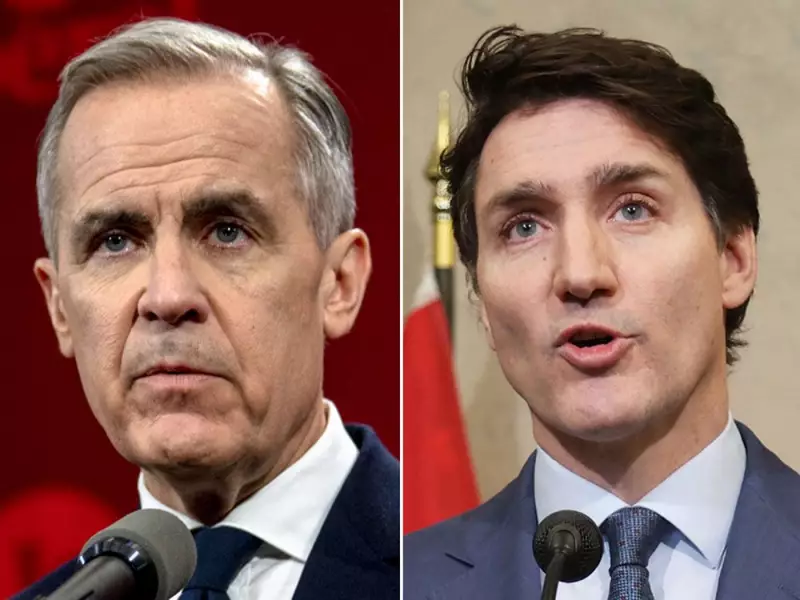
Former Bank of Canada governor Mark Carney has unveiled a provocative economic vision that's generating heated debate across political and financial circles. His proposal calls for massive government spending as the pathway to national prosperity, but many economists are sounding alarm bells about the timing and scale of his ambitious plan.
The Carney Doctrine: Investment Over Austerity
Carney's approach represents a fundamental shift from traditional fiscal conservatism. He argues that strategic, large-scale government investments in key sectors can stimulate economic growth enough to eventually pay for themselves. This philosophy challenges decades of conventional wisdom about debt management and fiscal restraint.
The core of Carney's proposal includes:
- Substantial infrastructure spending to modernize Canada's transportation and digital networks
- Major investments in green technology and renewable energy sectors
- Enhanced social programs and support for emerging industries
- Strategic positioning for the evolving global economic landscape
Economic Context: A Precarious Balancing Act
What makes Carney's proposal particularly controversial is the current economic environment. With inflation still lingering above target levels and interest rates at multi-decade highs, many experts question the wisdom of pouring gasoline on an already warm economic fire.
"The timing couldn't be more problematic," notes one senior economist who requested anonymity. "We're trying to cool down inflation while Carney is proposing what amounts to a massive stimulus package."
The Inflation Conundrum
Critics point to several potential pitfalls in Carney's approach:
- Accelerated inflation: Pumping more money into an economy struggling with price stability could worsen the very problem the Bank of Canada has been fighting
- Interest rate pressure: Additional government borrowing could push rates even higher, hurting homeowners and businesses
- Fiscal sustainability: There's no guarantee that promised growth will materialize to cover the increased debt burden
Political Implications and Reception
The proposal arrives at a sensitive political moment, with the Liberal government facing declining poll numbers and growing concern about economic management. Carney's close association with Prime Minister Justin Trudeau adds another layer of complexity to the debate.
Conservative critics have been quick to pounce on the plan, characterizing it as "fantasy economics" that ignores basic fiscal realities. Meanwhile, some progressive voices welcome the bold thinking but question whether the current government has the discipline to execute such a strategy effectively.
The Road Ahead
As the debate intensifies, Canadians are left to ponder a fundamental question: Is Carney's vision a forward-thinking blueprint for prosperity in a changing world, or a risky gamble with the nation's economic future?
The coming months will reveal whether this ambitious spending philosophy gains traction or becomes another footnote in Canada's ongoing economic policy discussions. One thing is certain: the conversation about how to achieve sustainable prosperity has taken a dramatic new turn.





